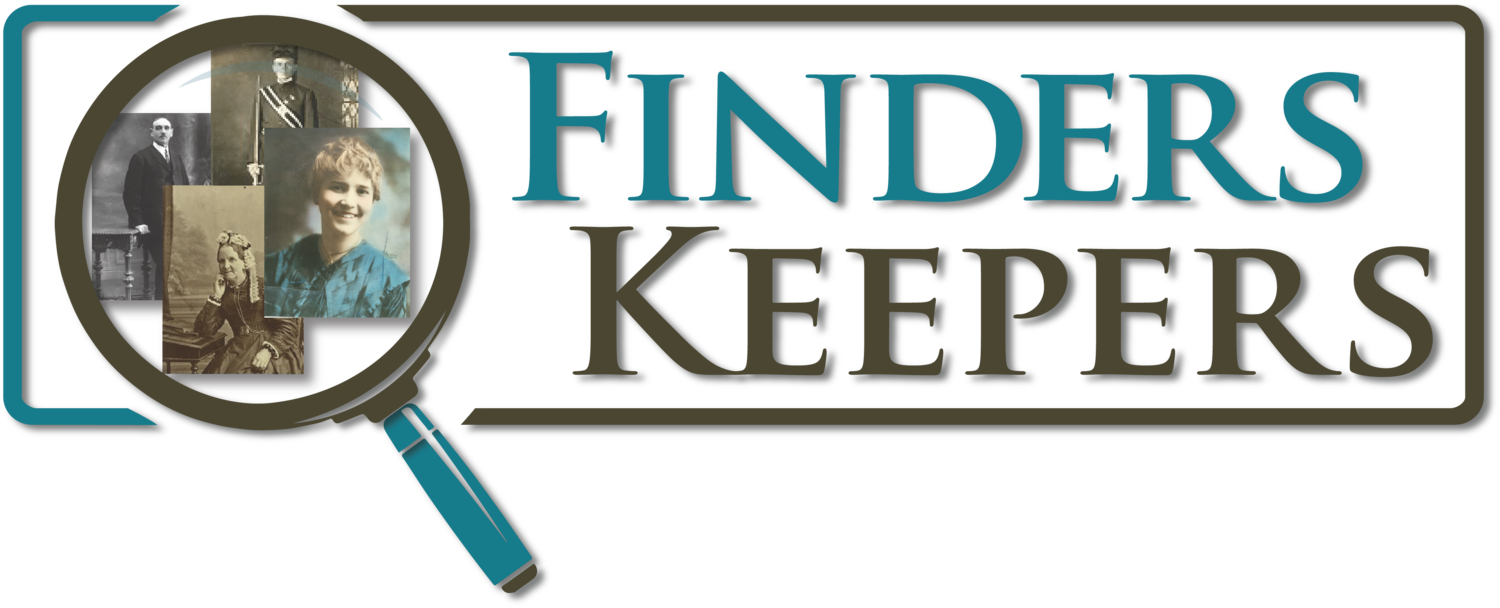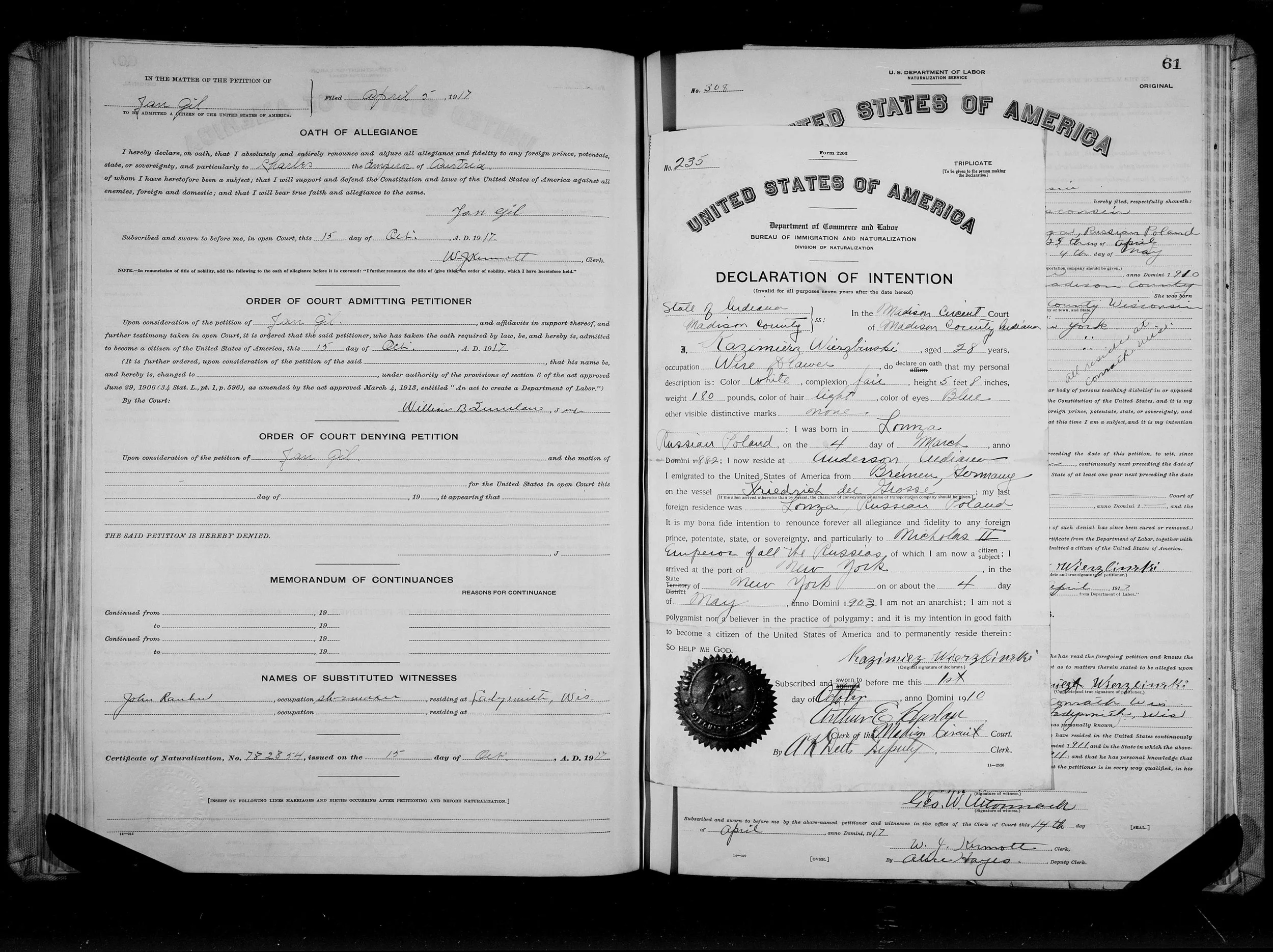It seems to come up far too often when I am doing family history research, two individuals are confused within genealogical records as the same person, doppelgangers in a sense. A few years ago, I was working on the family of John Marsh and Catharine Leavell of Ohio and Indiana. They had several children, one son was named Henry C Marsh, who was born about 1844 in Indiana.
On Ancestry.com I found a family tree with Henry C Marsh, son of John Marsh and Catharine Leavell. Henry was from Indiana and listed as being in a Private in the Civil War. I looked at the Civil War Draft Registration Records, 1863-1865, and there is a Henry C Marsh, born about 1862 in Indiana. Henry served in the 12th Indiana Infantry. He was from Clark County, Indiana, which is on the southeastern part of the state. He is also listed as a wagonmaker.
U.S. Civil War Draft Registrations Records, 1863-1865, Indiana, 2nd, Vol 4. Ancestry.com
The Marsh family I was looking at were farmers and lived in Cass County, Indiana. Henry’s two brothers served the 20th & 99th Indiana Infantries in the Civil War, which had soldiers from Cass and surrounding counties.
So something is not quite right that Henry, who is fairly young, takes up an occupation different from his father and brothers and joins a regiment in a county almost 200 miles away.
A quick check of the U.S. Census records shows two Henry Marshes in Indiana in 1860. One in Cass County (farmer) and the other in Clark County (carpenter). Two men with the name name, born about the same time in the same state.
1860 U.S. Census, Utica, Clark County, Indiana, p 37. Ancestry.com
1860 U.S. Census, Adams Township, Cass County, Indiana, p 215. Ancestry.com
It can really tangle up your family tree if only take a quick glance at a record and assume it is referring to a person you are researching. The distance between the two counties and the occupations listed should have raised a red flag even though the names matched and there were similar dates of birth.
Note: I do not use other’s posted family trees as evidence in family history research. I use this example as a point of reference that people can be too quick to judge that a document refers to an individual. The owner of the tree did want that military connection to his family, but it just wasn’t there.





